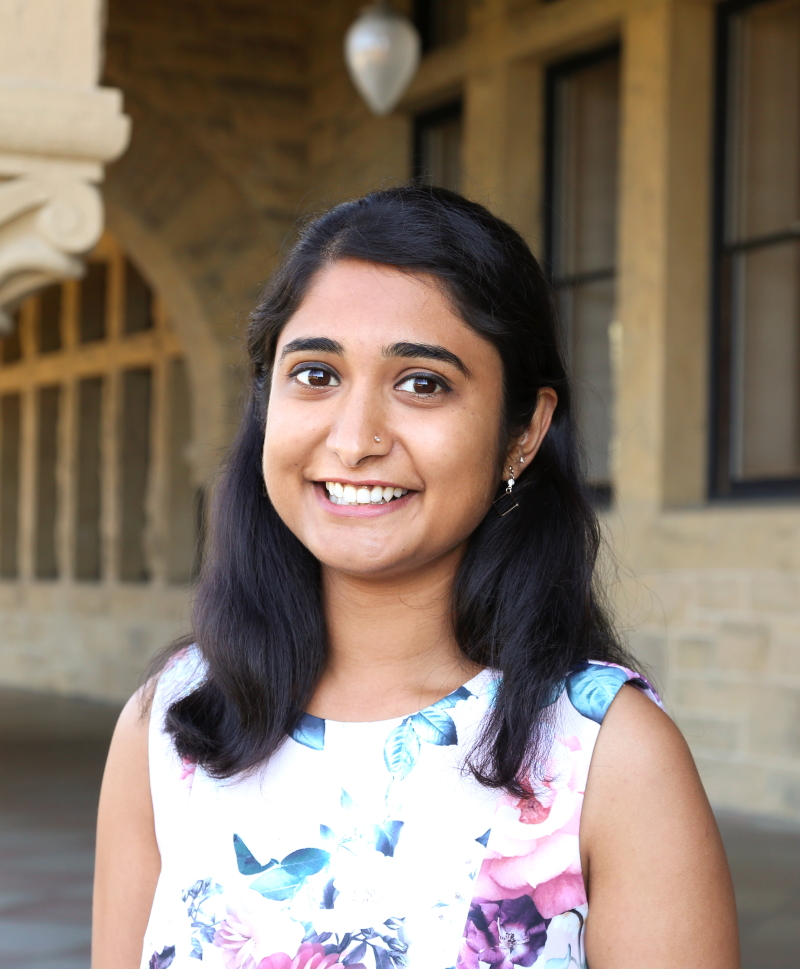
In 2013, I started my journey in the education-social development space as a Teach for India fellow. I spent 2 years teaching a class of 40 bright-eyed girls in a government school located in New Delhi. As a teacher in the school, I got an insider's view of how government policy influences the entire school system, right from the student to the principal. I was curious to see what impact could be created through a school having a strong leader, motivated teachers, and an innovative curriculum and pedagogy. This led to the next big step in my journey. In March 2015, I set up Sunshine Schools along with 2 co-founders. We envisioned Sunshine Schools as a chain of low-cost private schools that deliver a high-quality education to low-income communities. We set up our first school in 2015 and by the beginning of our third academic year, we had reached an enrolment of 260 students. While running a school and watching children learn and develop was immensely gratifying, I wanted to develop a perspective on the broader education ecosystem. In July 2017, I joined Gray Matters Capital an impact investment firm that focusses on education for underserved populations in developing countries. As the Ecosystem Manager, my role entailed building partnerships with key stakeholders in the low-cost private school sector to drive for better service quality and delivery.
These experiences helped me realize the crucial role that education policy plays. My long-term goal is to help create a conducive policy environment that enables and encourages all stakeholders from the principals and teachers within the school to the government officials and entrepreneurs in the ecosystem to do their jobs effectively and thereby ensure that every child receives the education he/she deserves. Thus, I chose to enroll in the International Education Policy Analysis program at the Graduate School of Education, Stanford University.
The master's program is very intense yet highly rewarding. Given the flexibility of the program, I was able to take classes at the GSE, the business school and the d.school. Learning from world-renowned professors and practitioners and interacting with peers from different countries have put me at ease with working in multi-cultural teams. Through courses in experimental methods, statistical analysis, data science, and regression analysis, I have developed core quantitative research skills directly relevant to my next career steps. The most important aspect of the program is writing a publishable quality MA paper. While it is a rigorous process it helps develop strong research skillset. My master's thesis focused on uncovering possible reasons for the underrepresentation of women in STEM fields. In this paper, I used advanced statistical methods to analyze gender-based differences in Math and Science test scores in the Japanese context and their relationship with noncognitive factors like self-efficacy and motivation.
As my year at Stanford comes to an end, I will be first heading to Nairobi, Kenya to intern at the Stanford SEED East Africa office. I will be carrying out impact assessments of enterprises that have been a part of Stanford SEED's entrepreneur development program. Following this, I will be working at the World Bank HQ in Washington DC on an education project to improve the technical skills of youth in higher education institutions in the East Africa region. I will be forever grateful to the GSE for opening doors to these opportunities. I believe, my time at Stanford has equipped me well for these roles and make an impact at the global level.